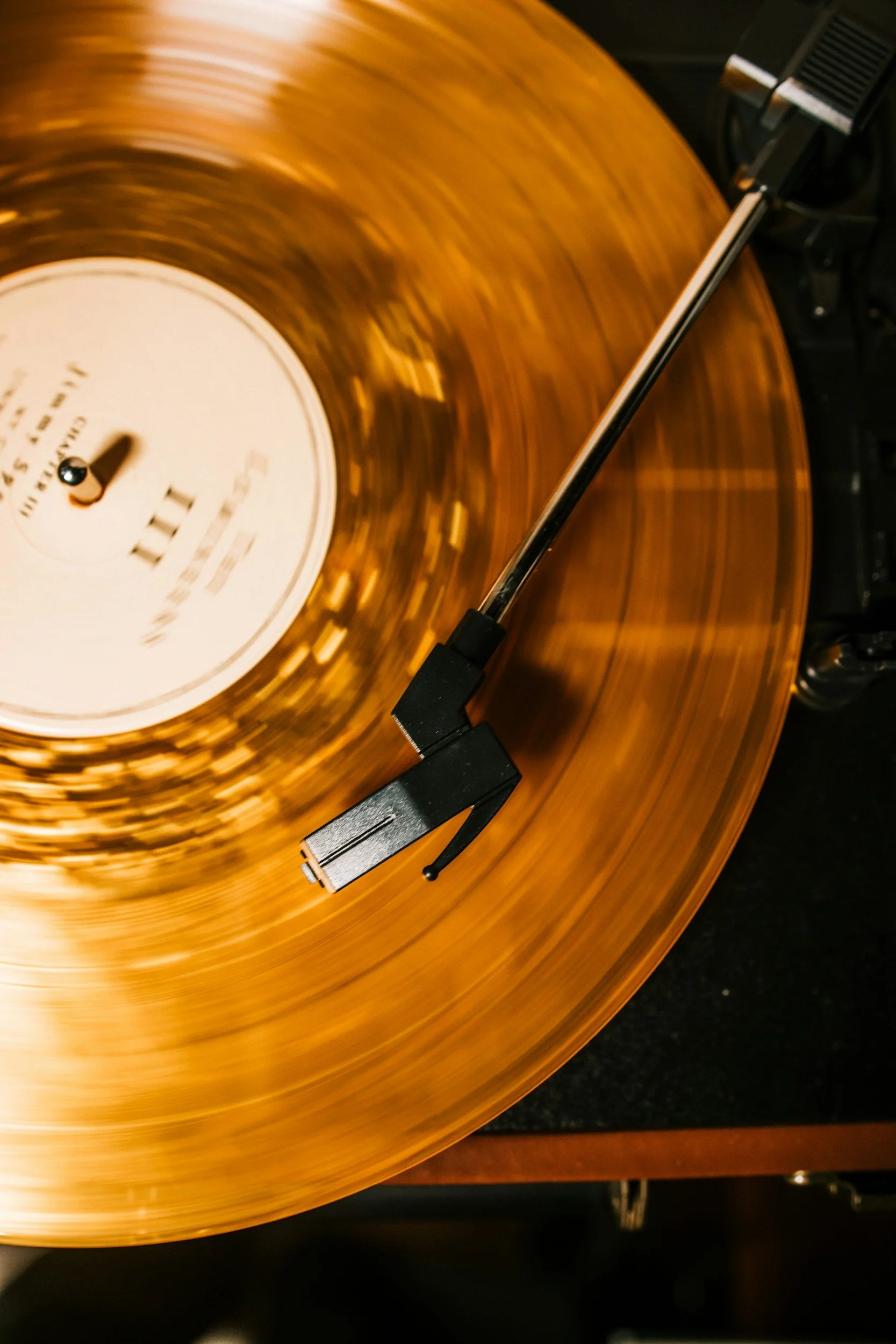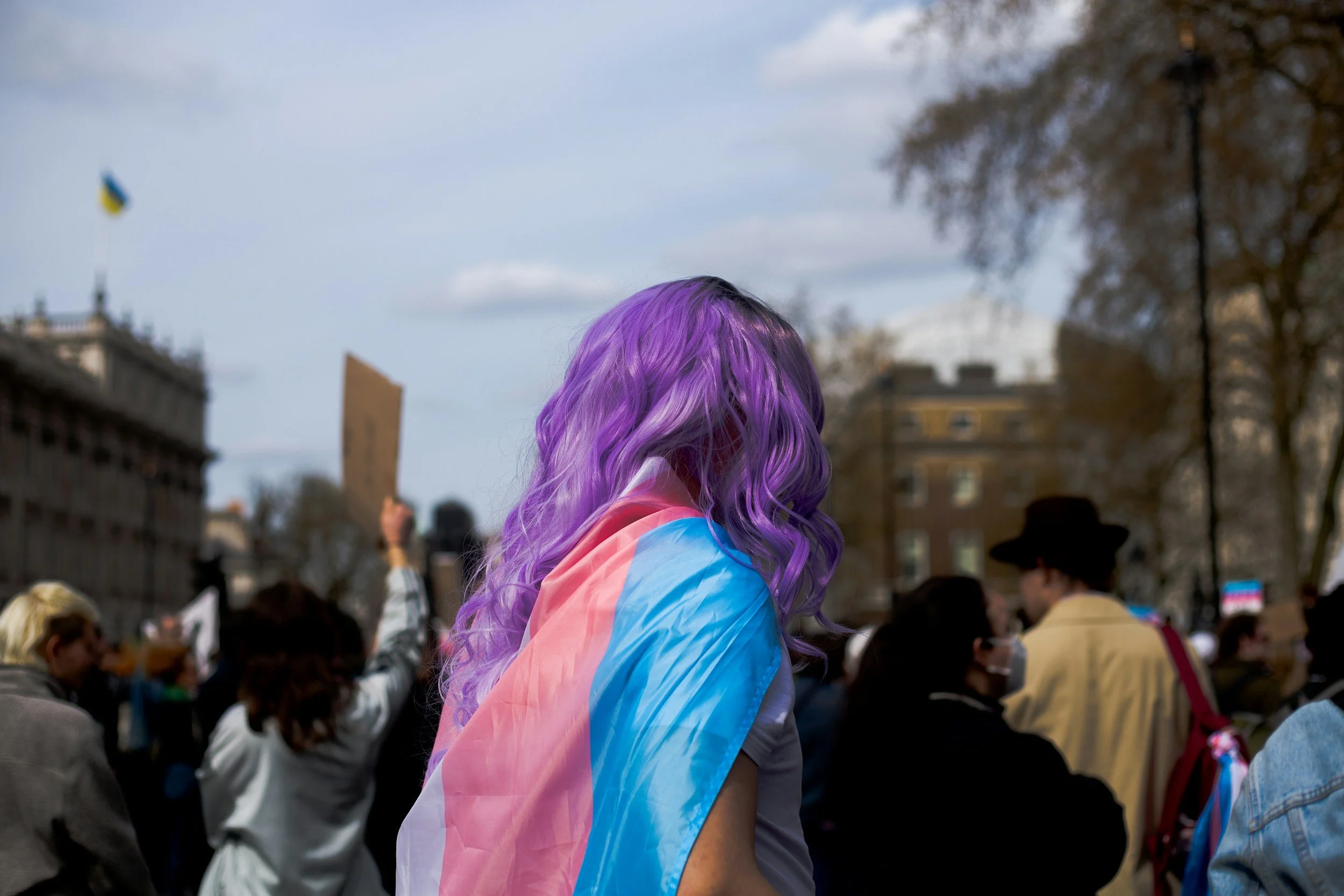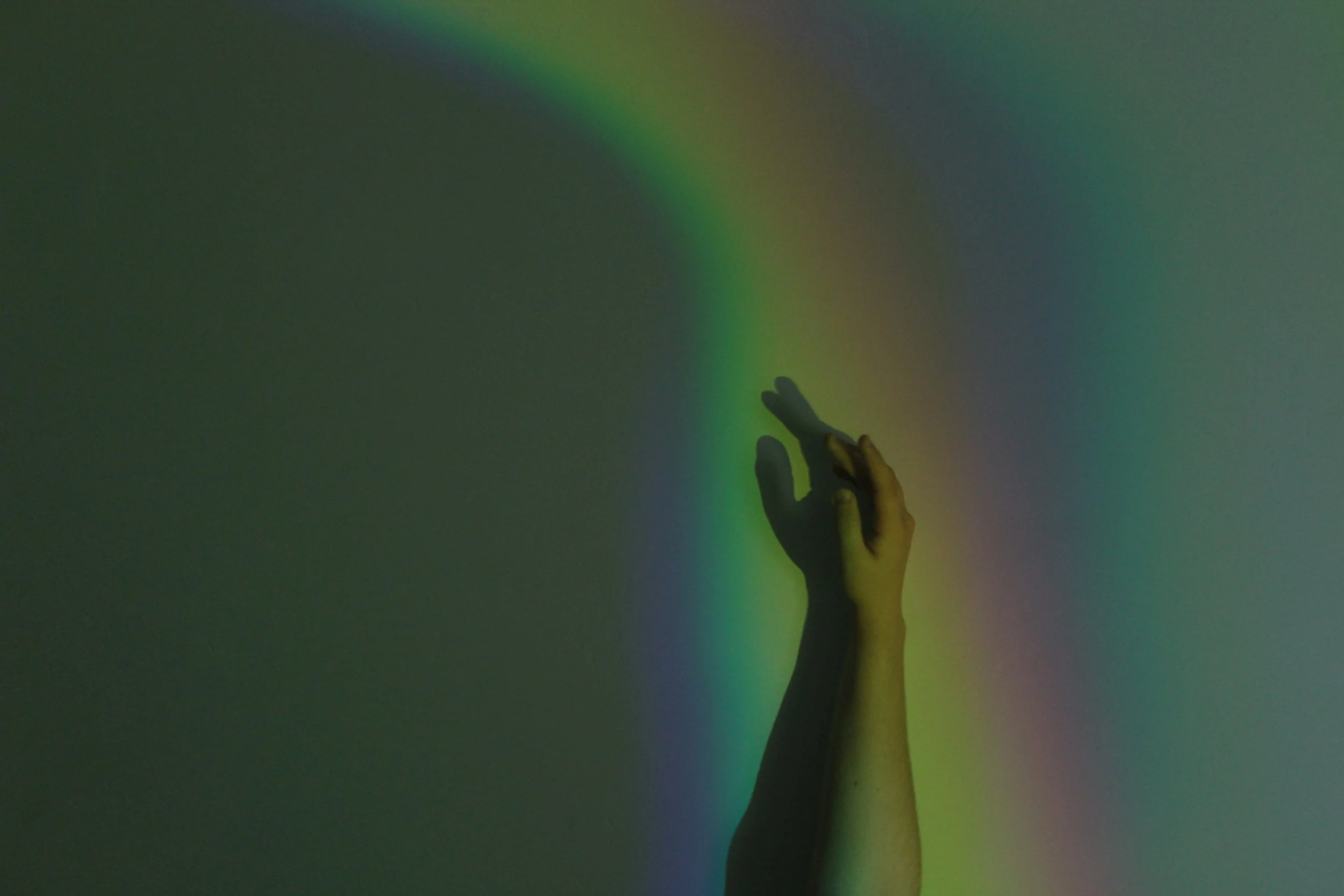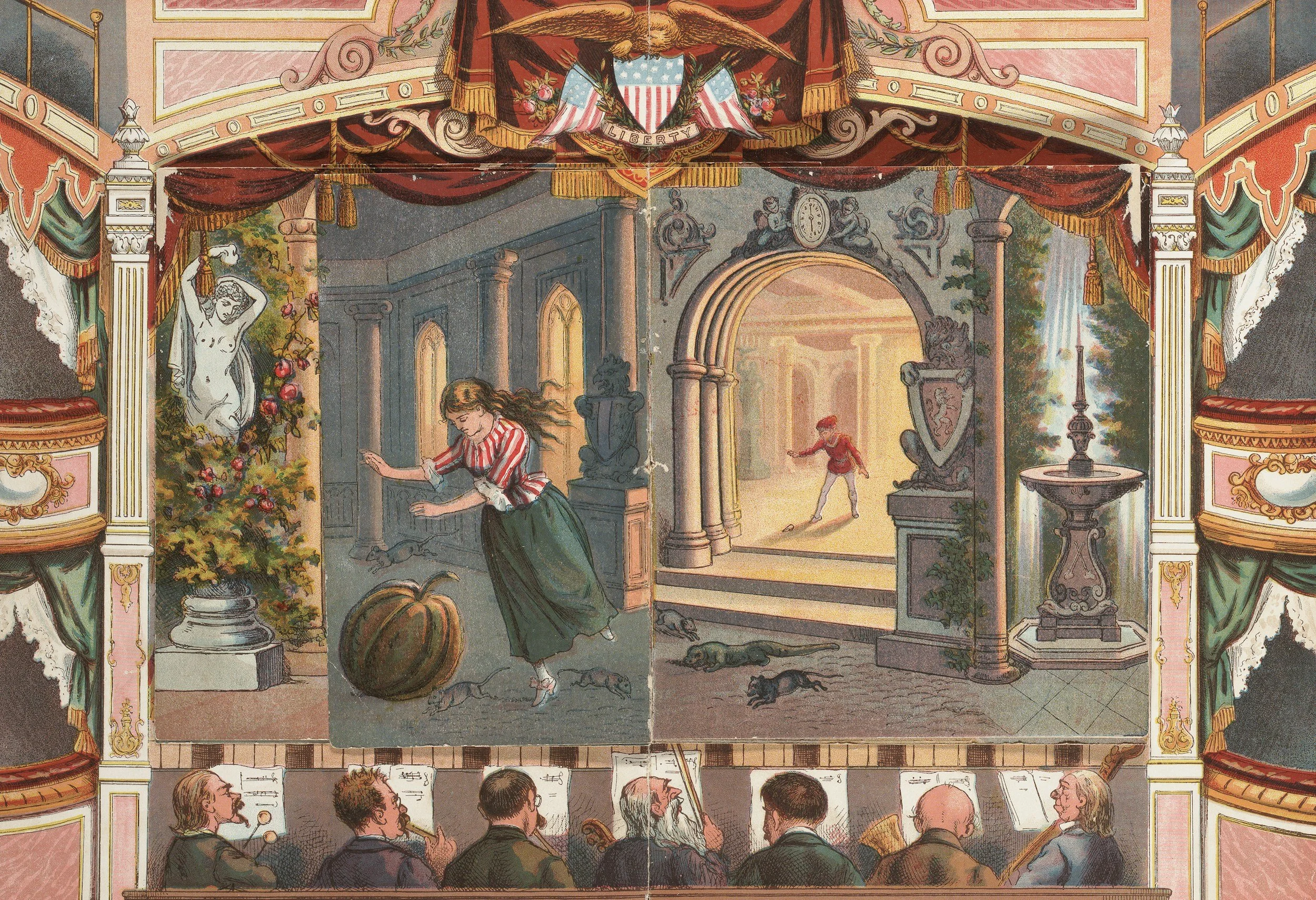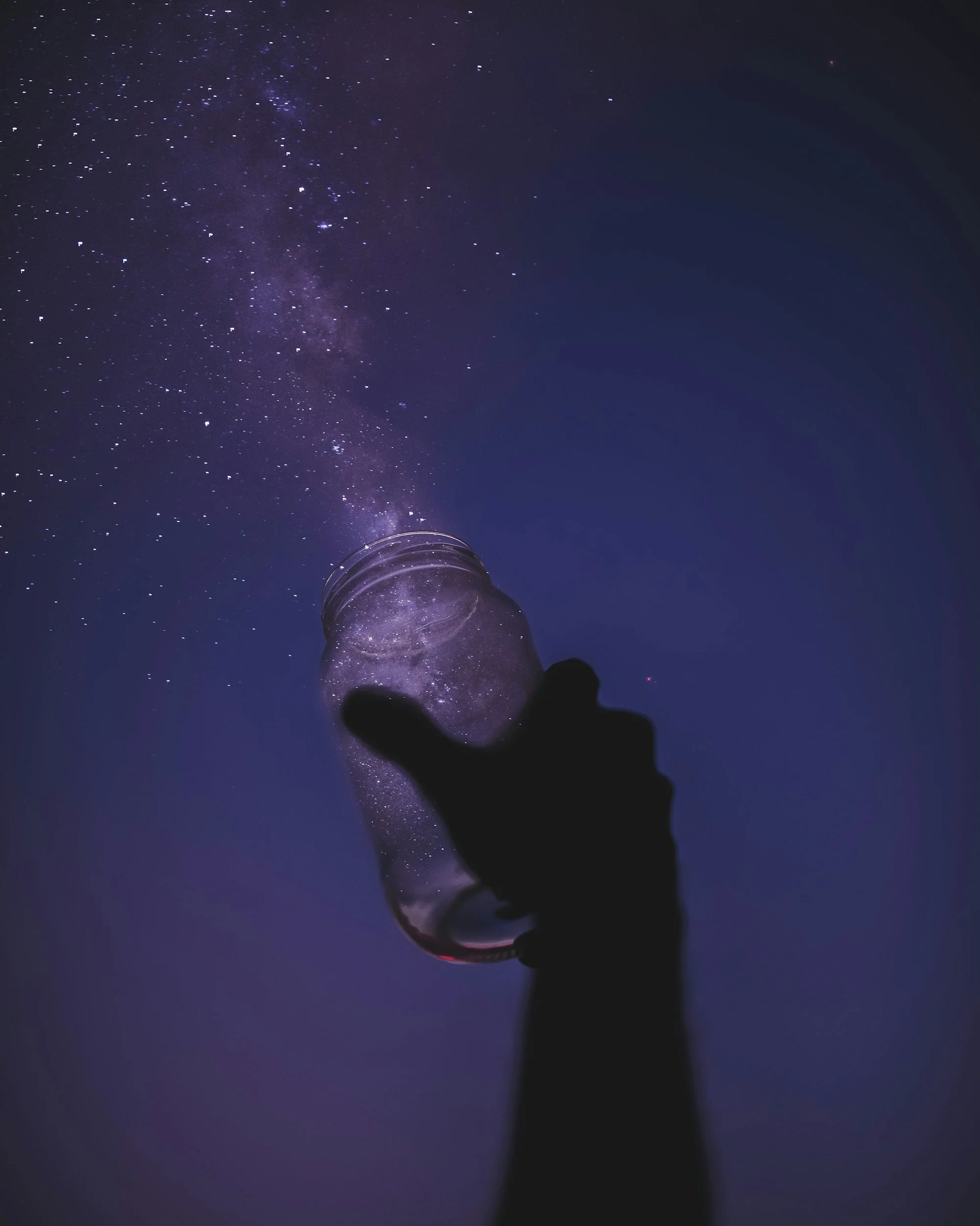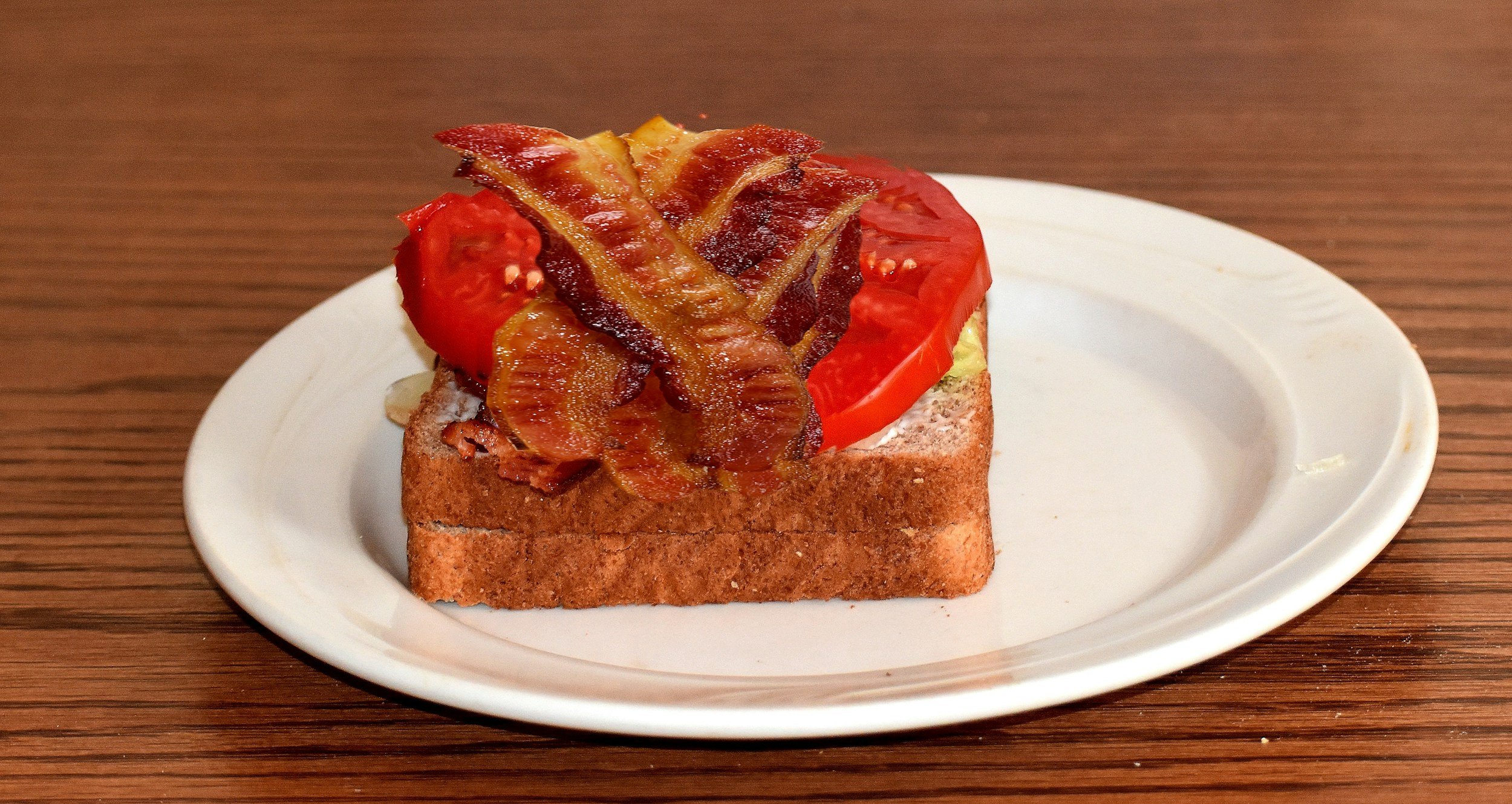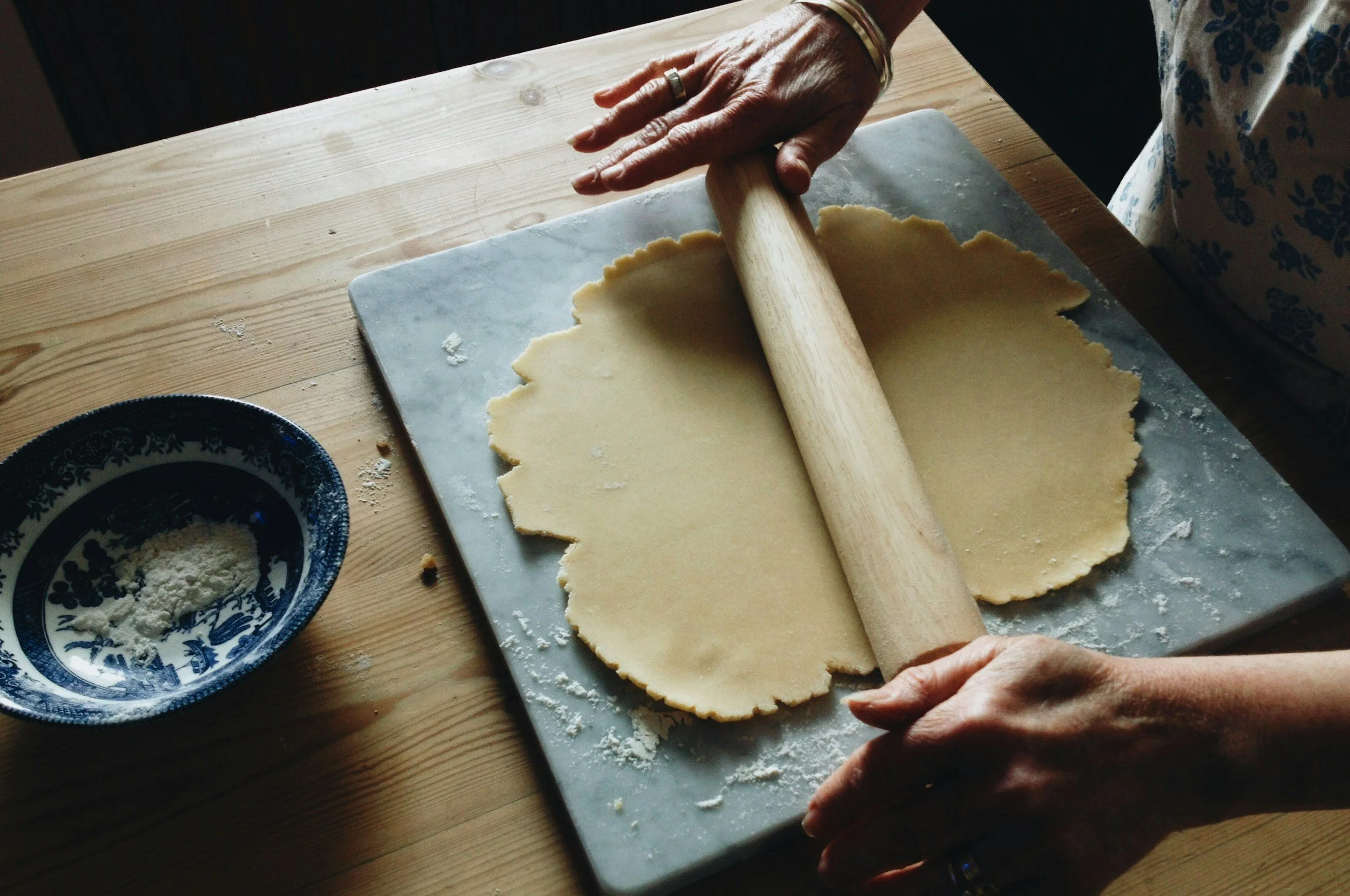Burned
I was pulling a pizza out of the oven when I nicked the heating element with my left ring finger. Now where a ring might be, I have a half-centimeter stripe, symmetrical enough to suggest a wedding band, a reminder of those I've worn before. It's red—the color of stop, of angry, of hurt—evoking both my marriages: the good one that reached "until death do us part," far too soon, and the bad one that made me feel diminished. I dabbed it with Neosporin and covered it with a bandage, a ring covering a ring. It calls attention to itself. It seems to beckon. It's been nearly five years since my divorce, and I'm happily coupled again. When Bob tilts my chin up, gazes into my eyes, and says, "God, you're pretty," I'm not so quick to think, No, I'm not.
Sometimes we touch on marriage. It doesn't carry the urgency faced by the clock-watching young. But it has its allure. It adds heft to the bond and puts the relationship in an exalted category, even if its track record is mixed.
Should I give it another go?
My first husband, Tom, and I overcame difficult childhoods and found successful careers—he was a physician and associate professor, and I was a vice-president of a respected bookstore chain. But we carried flawed versions of ourselves. In each other, we found not only love, but validation. My engagement ring was a stunning three-carat diamond in a 1920s setting from Tom's grandmother. I thrilled at its beauty. With our matching platinum bands, I felt anchored in sweet partnership. Our rings were connective tissue, bone, and bridge, joining me to Tom, and him to me. Their infinite loops symbolized forever.
But eight years later, forever stopped. Tom died of a genetic heart defect, unknown to us. What mattered most to me was suddenly gone. My rings no longer stood for what I had; they stood for what I'd lost. I took them off. My life felt as bereft as my bare finger. I tended to my kids, accepted hugs and home-cooked meals from generous friends, and otherwise burrowed into my pain, becoming thin, barely there.
When I emerged a few years later, all shaky uncertainty, ready to nose out of deep soil toward the sun, there was no question but to try again; my marriage had been the joy of my life. I worried about my odds. I was just entering my forties with two young children. I no longer had a cool job. Now I was a mom, nothing more, and if success was the measure, not a good one. I had a nine-year-old on the Autistic-Spectrum, which made him a holy terror, and my seven-year-old had taken to slugging any kid lucky enough to have a dad. I figured I was destined for the markdown bin.
So, when the most handsome man I'd ever seen appeared to be interested in me, I should have known there was a catch. Instead, I thought the fates were paying me back. Chad was charming and funny, brought me flowers, and tossed balls to my kids in my back yard. When he re-captured my favorite childhood memories by taking my kids and me out on his motorboat, I was lost to reason. When I was little, my grandparents often took my cousins and me to the San Juan Islands where we sped between tiny, uninhabited islands, dropping anchor where it pleased us. To see my kids introduced to the pleasures of speeding through deep water, roasting marshmallows around a campfire, and sleeping under the stars, made me feel we could be a family again. We could have fun again. I wanted this so fervently I overlooked anything incriminating about Chad.
Hated his deceased mother? He must have had a good reason. Drank a lot? Nobody's perfect. Never married at forty-eight? I figured he was just waiting for me. I was in a hurry to be happy again after the horror and despair of losing Tom, such concerns were inconvenient. So inconvenient that when we got engaged, and he congratulated me, I overlooked that too. "You got me!" he said. "So many women tried, but you're the one who won me." I was the prize-winner, and he was the prize.
We both sold our houses and bought one together. When the entire down-payment fell to me, along with the rings, the wedding, the honeymoon, and the considerable remodeling work we did, I didn't question it. We were married—what did it matter which account the money came from? Later it would occur to me that if it didn't matter, why did it always come from mine? Chad also bought himself a wedding present—a glittering, cushy BMW motorcycle and rode it on a three-week solo vacation within weeks of the wedding.
After the wedding, there were no more flowers and no more balls tossed to the kids. Chad spent most of his waking hours in the home office/man cave he set up in a spare bedroom. I figured he needed time to himself, considering all those years he'd spent alone. Chad worked just a few hours a week as an independent financial advisor and otherwise filled his time surfing the internet and watching television. To compete for his attention, I concocted fabulous meals—which he appreciated for the meals' duration, and then returned to his mancave while I cleaned up. Sometimes I was invited in, and we watched 24 or Two and a Half Men together or played a few rounds of gin rummy. But I nearly always went to bed alone while Chad stayed up until the wee hours. When he arose at noon, I would take him a latte with a small spoon of sugar, and a hefty dollop of servility, noting that all my mugs now contained a golden crystal residue of whisky which no amount of scrubbing could remove.
In March 2009, three years after we married, Chad summoned me into his man cave to look at his computer screen. I knew the market drop was dire, but the red rows of Chad's portfolio, with their blinking negative percentages, looked to be down to almost nothing. Without telling me, Chad had used my account to overstate the value of his—increasing how much he could borrow on margin to invest. He'd already lost its full value—now he was in danger of losing money he didn't have. We both knew not to sell low, but he'd left himself no choice. His finger was poised over the "Sell" button, the red numbers still descending. "Should I?" he asked.
"I think you have to," I said. Chad pressed the button. I should have said, "What the hell? You were using my accounts?" He was suffering enough, I reasoned.
The next day when I brought him his coffee, he'd figured out a plan to make his money back. "You need to go back to work," he said. Besides writing a book, I was spending my days toting my kids to school, speech, and motor skills therapy, psychologists, psychiatrists, play dates. They needed a double-time parent to replace the one they'd lost, and thanks to life insurance, I was supporting the family while still being available to them. I had enough spine, just barely, to say no. If Chad needed more money, Chad could work for it.
I'd set a boundary, but I didn't take it any further. I didn't want my marriage to feel like a ledger—our life measured by tally marks in columns—what I paid, the chores I did. But not choosing to see the check marks on my side, the blanks on his, didn't make it go away. I was in denial, still embracing the idea that I was the prize-winner—when bread-winner was more like it. I limped along in the marriage for another few years.
One afternoon, my hairdresser friend, Oscar, cut my hair while grey flakes of snow settled on the sidewalk outside. While never at a loss for conversation, Oscar's brother-in-law was a new topic.
"He sits on his butt all day while Pauline cleans houses," Oscar said. "When I saw her shoveling snow, I stopped to do it myself while he watched from the window."
My face in the mirror went blank.
"And then when money got tight, he printed up business cards to advertise her house-cleaning business."
Was that a shoe dropping I heard? In the silence that followed?
Meanwhile, the charming man who wooed me was becoming less charming in other ways. He thought waiters, receptionists, neighbors, and random strangers were slighting him. He stamped his feet and called for firings. He yelled at my kids for little things like turning off the laundry room lights while he had a load in the washer. (Yes, I shoveled the snow. But he did his own laundry.)
My second rings resembled my first. Platinum band, a gleaming diamond—but these were modern copies, not authentic vintages. They had a surface beauty, like my husband's. I didn't feel anchored in sweet partnership; I didn't feel like a prize-winner. I felt used. Burned.
I eyed the empty bottles of Scotch, the cans of Fosters and wondered if his heavy drinking was to blame. I'd tried before, but it was worth trying again. "You need to quit drinking," I said. I knew he'd poo-poo it again, so this time I drew in my breath and added, "or leave." He roared in rage. He did not quit drinking. He did not leave. He asked for a divorce.
Instead of feeling sad, I felt liberated. Chad later recanted, but I'd made up my mind.
As a former retailer, I knew the next stop after the markdown bin: Mark the goods out of stock; take them off the market. That suited me fine. I was finished. I left Chad in his mancave and found a home for the kids and me. By then, they were teenagers and less needy, so I had time to do what I liked best. I joined hiking groups and took to the mountains, traipsing along forested trails, tackling steep slopes, thriving on my fellow hikers' camaraderie and the beauty of the soaring peaks and mountain lakes.
Two years after leaving Chad, I signed up for a full-moon hike. I'm something of a moon-nut—always captivated by its luminous serenity, its march through the night sky, it's elegant variations of form. There were only five of us, two familiar faces, and two men I hadn't met before, including Bob who was about my age. After a three-mile climb, we were rewarded on one side of the summit with the glittering lights of Salt Lake City and on the other with a super moon, spectacular because it becomes full while closest to Earth. Gazing at such beauty from such a vantage, we felt a privileged bond, a collective awe.
On the way down, I talked to Bob—about his work, about our kids who were the same age, about our love of outdoor concerts. When the long trail opened into a wide road, we heard faint music from a nearby event center, swelling as we got closer. "That sounds familiar," Bob said.
"It's the safety dance," I said, and soon we were skipping to the eighties hit. It turned out Bob loved to dance as much as me—he looked to be a lot of fun. The next day, I saw him at an outdoor concert hosted by the same hiking group. In daylight, Bob was handsome and sexy, with the lithe, athletic body of the figure skater he once was. I could see a hint of appraisal as we chatted, and it wasn't a look that said, "markdown bin."
We began to see each other on hikes, and then outside of hikes. On another moonlit trail, Bob stopped at a canopy of fir branches dusted with snow and drew me to him for a kiss. I felt the warm pull of him, how he could want and give at the same time—the something greater, not lesser we were becoming together.
Now, when Bob brings me coffee in the morning and says, "God, you're pretty," for the hundredth, or maybe thousandth time, I feel appreciation, not doubt.
I'd put my wedding rings from Tom away for safekeeping, imagining a daughter-in-law someday. The rings from my second marriage I'd sold, thinking I'd use the money for skin treatments, new clothes, or even a facelift, not realizing all I needed to feel pretty was a better opinion of myself and better company. Three years into our relationship, Bob and I have seen each other through good and bad times, through fear, frustration, sadness. We've seen enough to know we look to each other for comfort, not to something eighty-proof in a bottle.
Now the burn on my ring finger has narrowed, almost to a pucker, with fine eyelash lines above and below, as if winking at me. The angry red has gone pink and flirty.
"Here, right here," my ring finger seems to say. Burns heal.
-Debra Wilson Frank
Debra Wilson Frank holds an MFA from Vermont College of Fine Arts. She has been published in The Rumpus and Brevity’s Blog. Her work will be featured in the anthology, Being Home, forthcoming from Madville Press in September 2021. She lives in Salt Lake City with her partner and two adult children.

